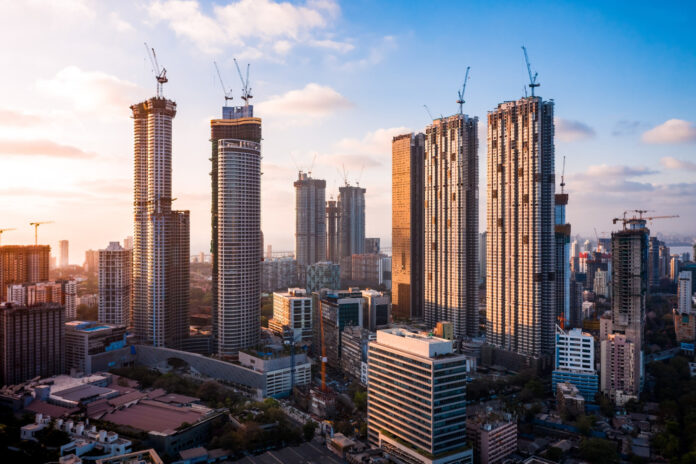Saudi budget deficit Q3 declines, driven by strong oil and non-oil revenue growth
Saudi Arabia has announced a budget deficit of SR30.23 billion ($8.06 billion) for the third quarter of 2024, marking a 15 per cent decrease compared to the same period last year. According to the Ministry of Finance, this reduction brings the total deficit for the first nine months of the year to SR57.96 billion, aligning with prior forecasts from the ministry.
The Kingdom has seen a notable increase in government revenues, which rose by 20 per cent year-on-year to reach SR309.21 billion. This increase can be attributed primarily to a significant rise in oil revenues, which constituted 62 per cent of the total income, amounting to SR190.87 billion—a 30 per cent surge during the quarter. Non-oil revenues, representing the remaining 38 per cent, also experienced growth, totalling SR118.34 billion, a 6 per cent increase from the previous year.
Drilling deeper into the non-oil revenue sector, taxes on goods and services accounted for 62 per cent, amounting to SR73.94 billion, indicating a 5 per cent rise in this category. However, the standout performer was the “other taxes” segment, which saw a remarkable 69 per cent growth, reaching SR5.31 billion. This category primarily includes corporate zakat and other business-related taxes.
Embed from Getty ImagesOn the expenditure side, total spending rose by 15 per cent to SR339.44 billion, with compensation for employees accounting for the largest share—41 per cent of total expenses—totalling SR138.63 billion, reflecting a 6 per cent increase. Expenditures on goods and services also saw a significant rise, amounting to SR82.69 billion and constituting 24 per cent of total spending.
Capital expenditures dedicated to non-financial assets made up 14 per cent of the total, reaching SR48.15 billion, which marks a 17 per cent increase. Furthermore, subsidies rose by 10 per cent, amounting to SR7.44 billion during the quarter.
Significantly, the government’s current account balance surged by an impressive 429 per cent, reaching SR76.7 billion. In contrast, government reserves experienced a slight decline of 4 per cent, totalling SR390.08 billion. Public debt at the end of the third quarter stood at SR1.16 trillion, with 60 per cent of this amount being domestic debt.
In September, the Ministry of Finance revised its budget deficit estimate for 2024 to SR118 billion, reflecting a 49 per cent increase from earlier projections. This adjustment is attributed to the Kingdom’s ambitious expansionary plans and ongoing investments in critical projects aimed at fostering economic growth and diversification.
Despite the challenges posed by OPEC+ oil production cuts, which typically put a strain on revenue streams, Saudi Arabia has managed to bolster overall revenues. This resilience illustrates the Kingdom’s strategic approach to navigating global market challenges while steadfastly pursuing its Vision 2030 objectives, which include enhancing infrastructure, advancing technology, and improving public services.
